The Coaching Psychology Course
How Neuroscience and Brain-Based Training Transforms Coaches from Good to Great
If you’re a coach — or interested in becoming a coach — you’re committed to producing great results for your clients. You chose the career or coaching because you strongly want to facilitate change.
And when it happens for one of your clients, you feel great. You share the moment of success.
Yet for most coaches, these moments are the exception rather than the rule. Most coaches struggle with most of their clients, having a gnawing feeling that they could be producing more than occasional incremental improvement.
Even when the client do make progress, it rarely lasts. Old habits creep back again, and unconscious limiting beliefs sabotages their long-term success. So many coaching relationships end in frustration for both coach and client.
That’s because so few coaches are trained in the psychology of coaching.
There’s a century of research into what works and doesn’t work. There are literally thousands of studies in the field of psychology that show how to produce change. Yet most coaches are unfamiliar with this treasure trove. They’re using methods based on faith and folklore, not science.
The research literature of psychology and neuroscience gives coaches a vast resource to draw on. It’s “evidence-based,” meaning that it’s grounded in solid research — not on guesswork or hunches.
Many of its findings about human motivation and behavior are counter-intuitive. Some are 180 degrees opposite to the conventional wisdom taught in coaching programs. Coaches without this knowledge can actually become obstacles to their client’s progress.
To give coaches access to this gold mine of information, award-winning science author Dawson Church, PhD, and his team at Energy Psychology Group created the Coaching Psychology program. It’s based on the latest findings in neuroscience as well as the foundational research in behavioral psychology.
It took tens of thousands of hours to curate and assemble the best-of-the-best methods and information in an easy accessible form. Now, it’s available to all coaches in the form of the brilliant new Coaching Psychology course from Energy Psychology Group.

Dawson’s evidence-based course trains coaches in how to use proven psychological principles to produce radical transformation in clients — and do it reliably and consistently. In this state-of-the-art program, you will learn how the brain assimilates information, and how to use this knowledge effectively in your coaching sessions. You’ll discover:

How neuroscience in essential to knowing what's happening inside your clients brain

Why the three-part structure of the brain makes changes so difficult
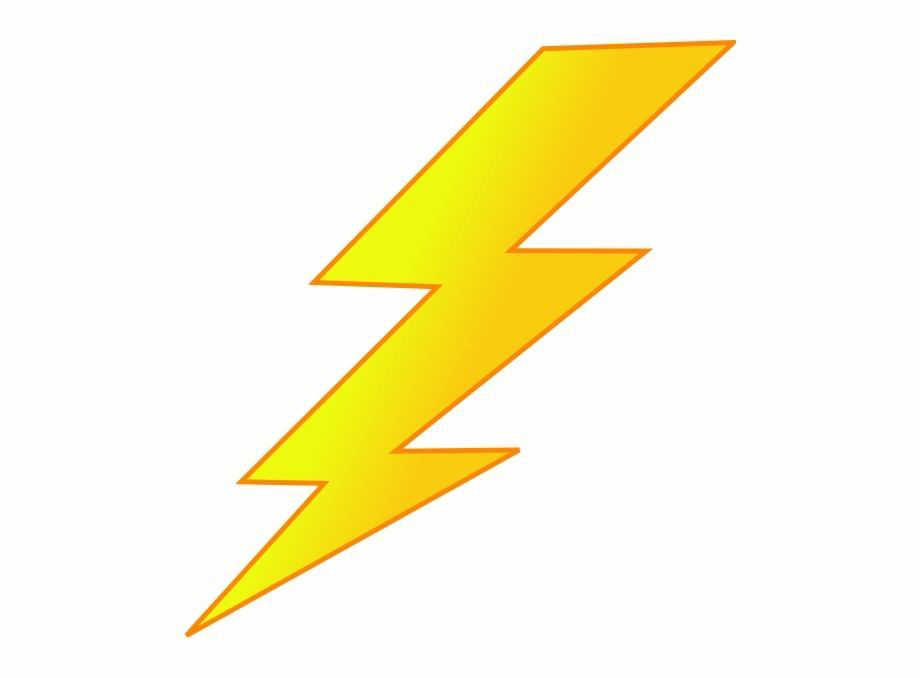
The half-life of hormones like cortisol and adrenaline, crucial in regulating stress
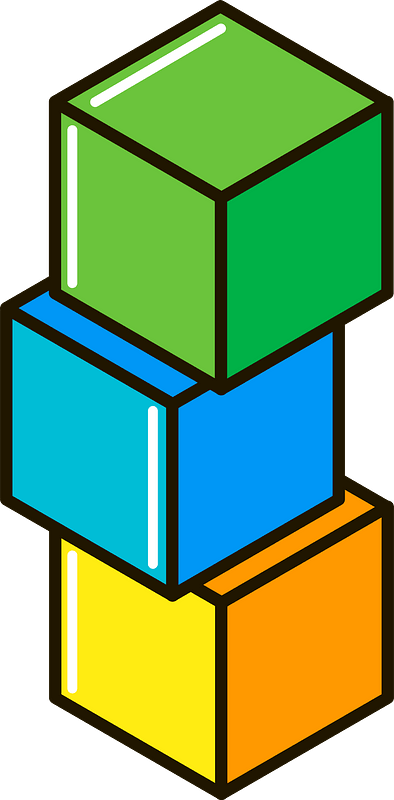
The most important neural structures through which the brain processes incoming information

The way emotion hijacks rational planning — and how to counteract it in seconds
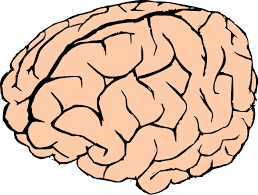
The parts of the brain that can be changed by effective coaching

Why clients are usually unable to articulate what they are really seeking
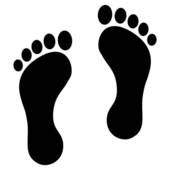
Brain structures that wire together in early childhood and how to influence them

Which brain wave frequencies are present in a client having a breakthrough, and one in having breakdown
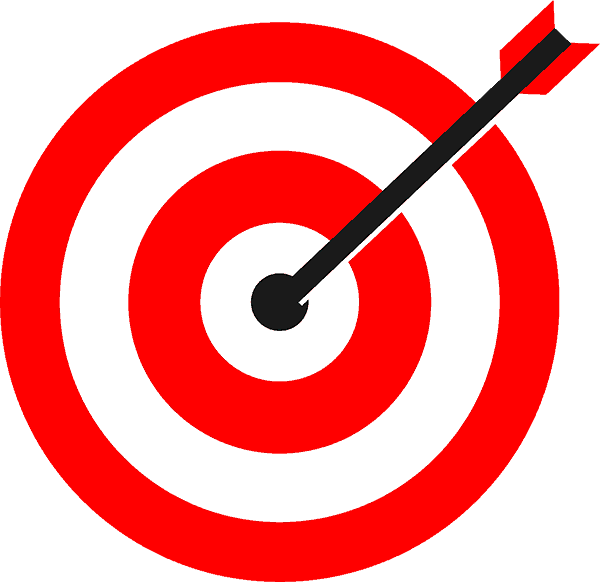
How deliberately creating association between designed goals and habits can be reinforce by neural plasticity

Why old habits take over when people are under stress
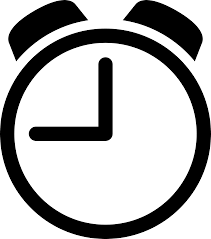
The precise length of time it takes to counteract an old conditioned response

How to apply the research findings of the new field of "memory reconsolidation and extinction" to overwrite old programs in a client's neural circuitry

The parts of the neural network that grow in response to effective coaching

The stages of change through which clients evolve

How to quickly determine a client's primary information processing modality

How to craft your interventions to work with resistant and self-sabotaging clients

When goal-setting is counterproductive and when it's essential

How life trauma can make it unsafe for clients to change

The subtle cues that expert coaches pick up from body language
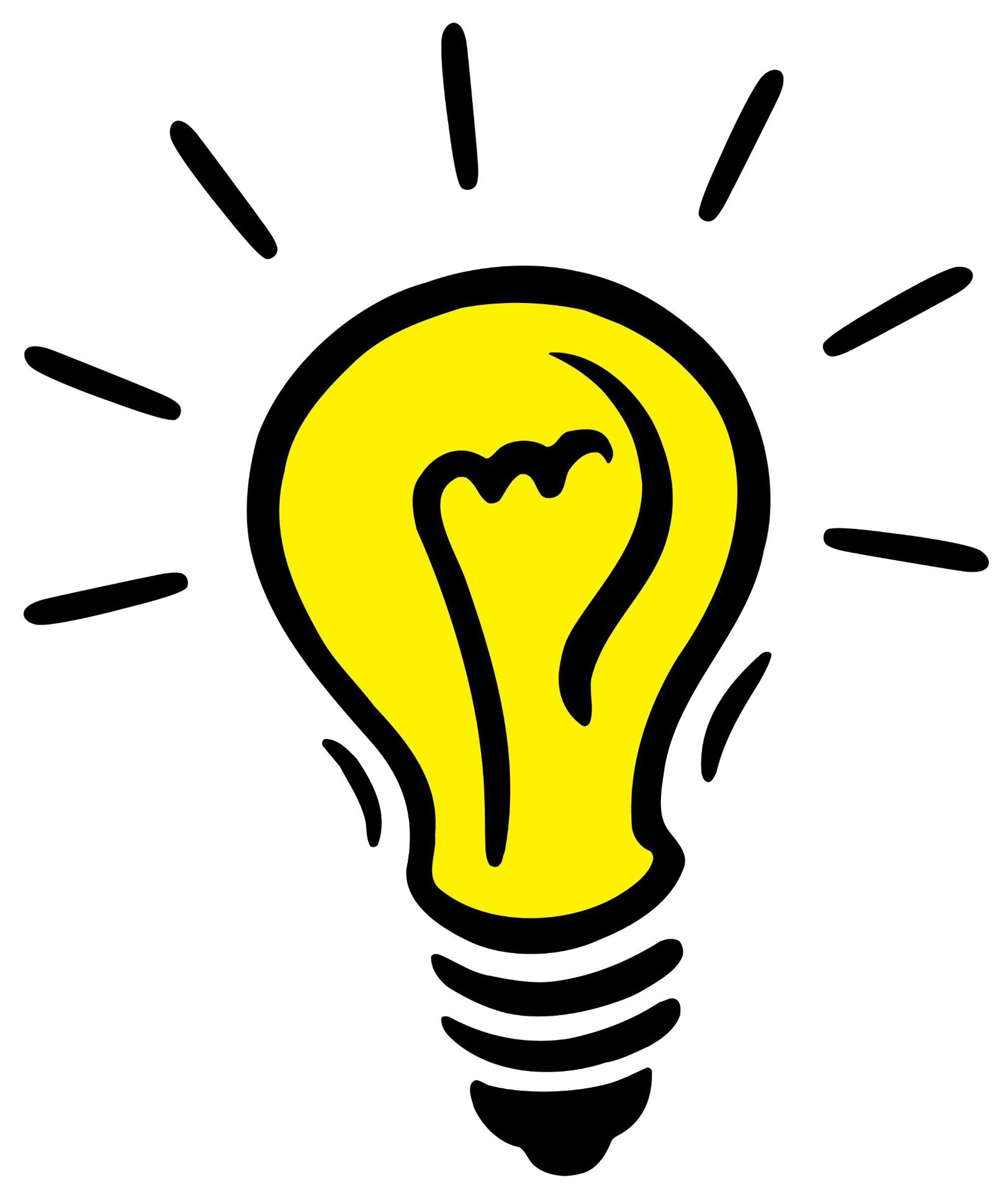
How to assess a client's readiness and willingness to change

The art of bringing subconscious barriers to success to the surface
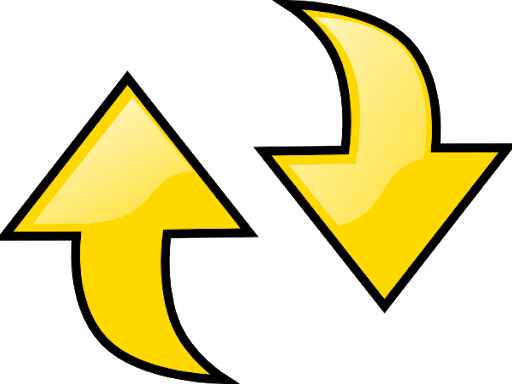
Why client resistance can actually be used to facilitate change
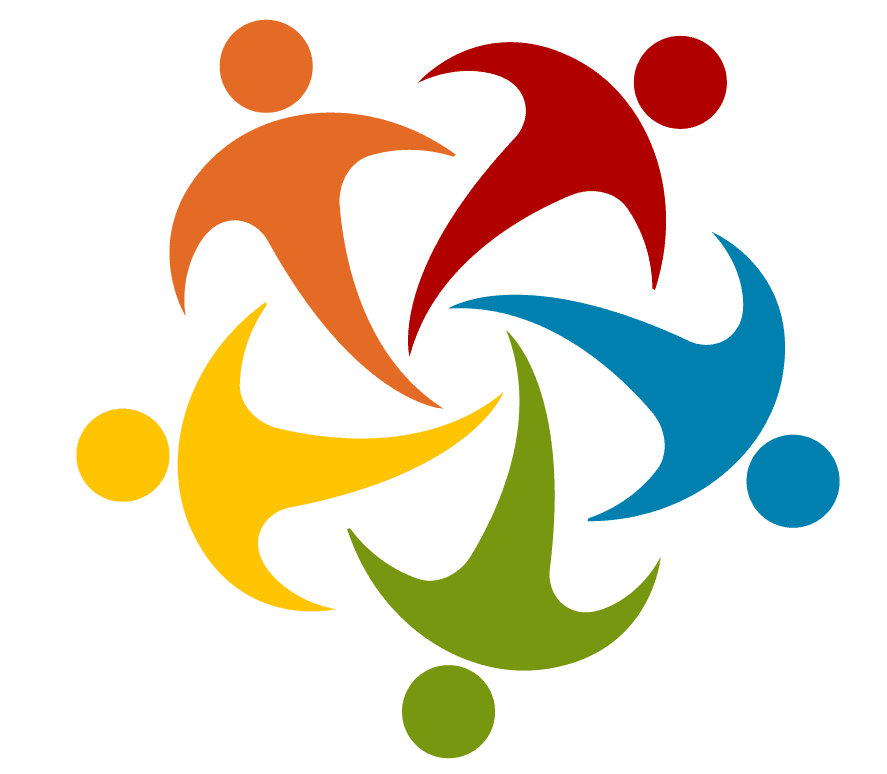
How to engineer a powerful collaborative environment between coach and client

When brief courses of coaching are appropriate and when they're fatal

Creating long-term relationships with clients that can support them for years

How to set appropriate professional boundaries, and why some coaching relationships need completely different boundaries

When to challenge clients and when to support them

How to create safety and security as framework for every session
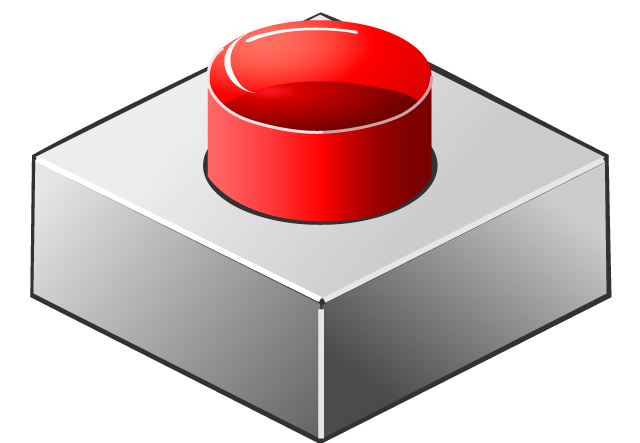
What to do when emotional trauma is triggered in a client

How much of your own story and personal struggle you should share with a client

There are 13 units in the Coaching Psychology Program. They build your understanding of coaching psychology step by step. Unit 1 begins by explaining the remarkable changes that happen in the bodies of your clients as you apply these techniques.
You will learn that when you change the software of the mind, you can change the hardware of the brain. After reviewing the core competencies of excellent coaches, you can get an overview of the best techniques of visioning and goal-setting.
You don’t just learn how to help clients solve their problems and get back to baseline. You learn to help clients soar high above their previous best, transcending their old set points and experience Peak states.
The course also contains dozens of inspiring stories of coaches and clients who’ve used these methods to produce radical change. It’s fully referenced in American Psychological Association style, so you can see the evidence base on which it’s built, and delve deeper into the primary research behind any topic that particularly fascinates you. The 13 Units include:

Unit 1: The Biology of Personal Transformation

Unit 2: The Basics of Coaching Psychology
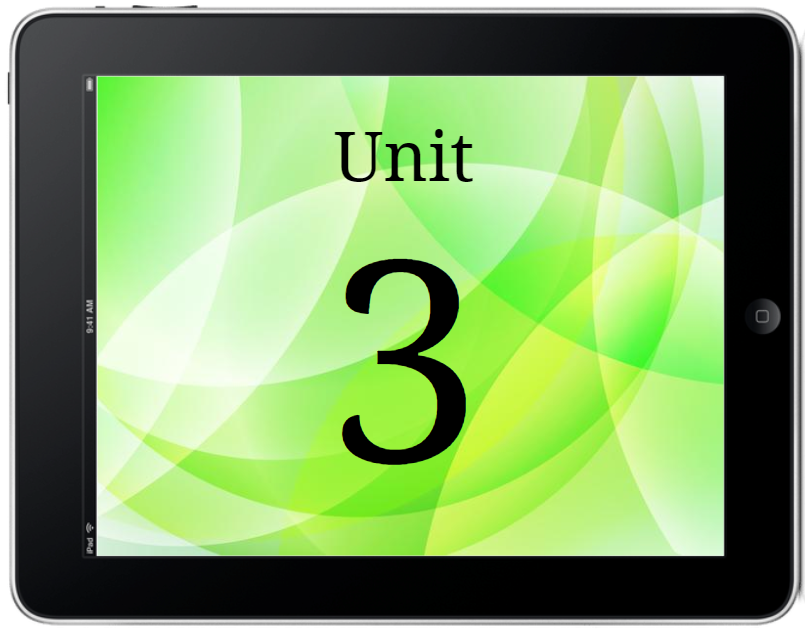
Unit 3: How Coaching Uses the Mind to Change the Brain
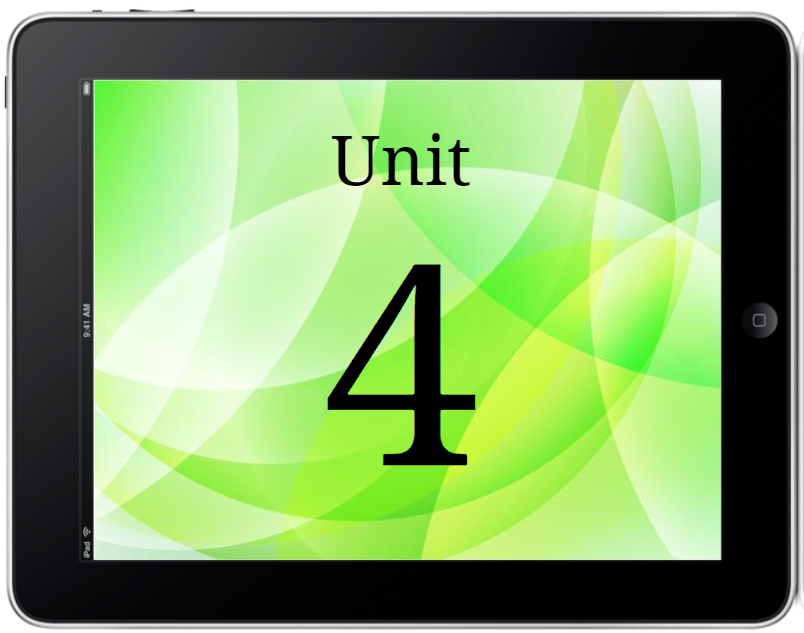
Unit 4: Core Coaching Competencies
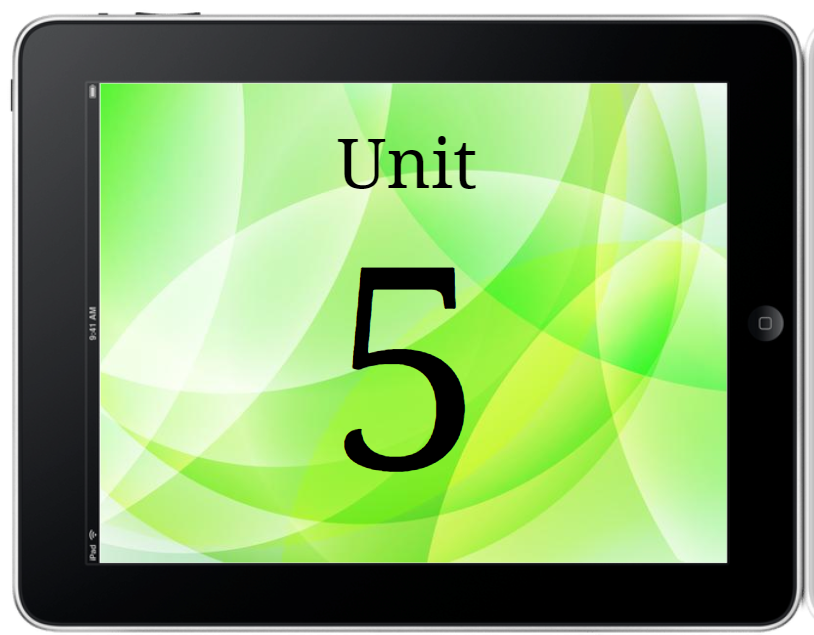
Unit 5: Stages of Change

Unit 6: How to Use Appreciative Inquiry in Your Coaching Practice

Unit 7: More Tools for Your Coaching Toolbox Nonviolent Communication and Motivational Interviewing

Unit 8: Self-Esteem, Self-Confidence, and Self-Efficacy

Unit 9: Using Assessments

Unit 10: Visioning and Goal Setting
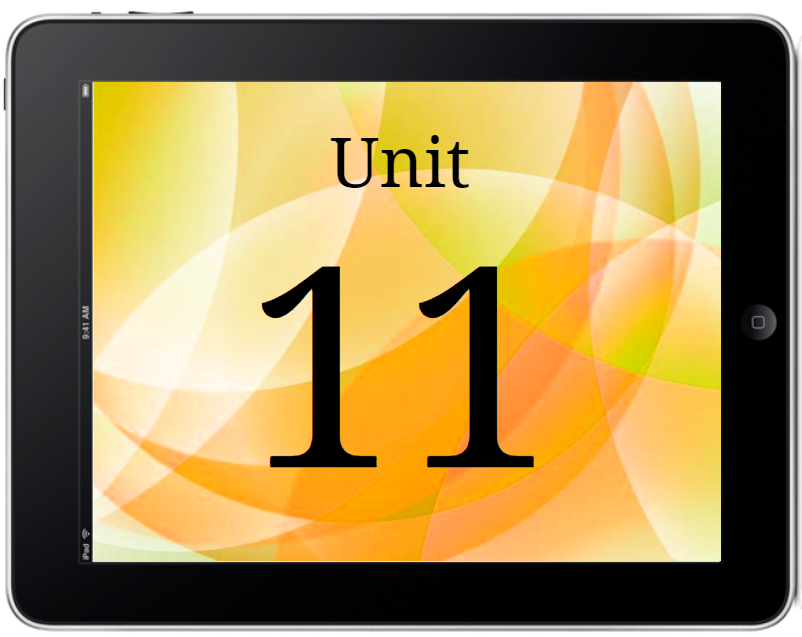
Unit 11: Set Points and Breakthroughs

Unit 12: The Structure of Coaching Sessions

Unit 13: Peak States and Thriving
When you complete the final test, you’ll obtain a certificate of completion. You can frame and proudly display this certificate in your office, and state on your website that you have acquired the Coaching Psychology credential. This assures your clients that you are knowledgeable in the essential field of Coaching Psychology, and able to help them get great results with neuroscience-based methods in the course.
The Coaching Psychology program is an excellent value at $2,997. It gives you the leverage to be a much more effective (and higher earning coach.
However, we believe so strongly that every coach should be empowered with this knowledge that we’re offering it at he introductory rate of $1,997. To get that $1000 off, use the coupon code THOUSANDOFF at checkout.
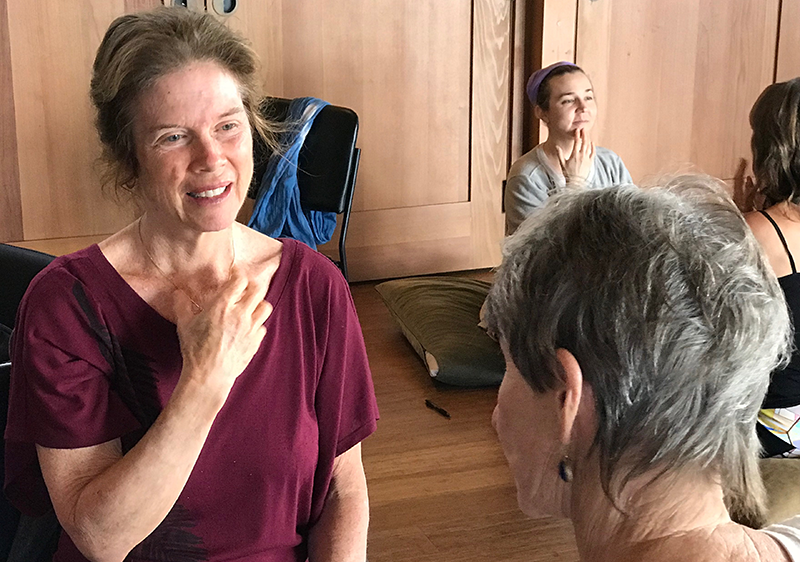

14 Day 100% Money Back Guarantee:
This purchase qualifies you for the 14-day no-questions guarantee. If you are not fully satisfied for any reason we will refund your investment 100%. Just simply reach out to us here… no questions asked.
- It's based on over 1,000 scientific studies
- It shows exactly what being "in the Zone" means, psychologically and physically
- It explains the brain frequency formulas that produce calmness, centering and high-quality decision-making
- It teaches the exact methods that induce a state of "Flow" in yourself and your clients
- It reveals the peak performance secrets of top olympians and enterpreneurs at places like Google, Nike, the NFL, and Rebook
- It is enriched by in-depth guest faculty presentations by brilliant researchers such as:
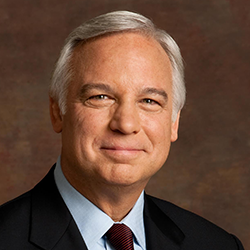
Jack Canfield M.A
Co-author of the Chicken Soup series
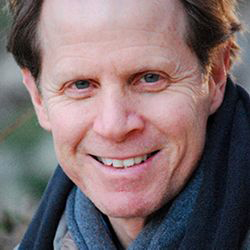
Dr. Dan J. Siegel, M.D.
University of California, L.A.

Dr. Peta Stapleton, PhD
Bond University

Dr. Rick Leskowitz, M.D.
Harvard University
- It shows how to take your clients beyond well-being to thriving
- It analyzes the science of Peak States and how to achieve them
- It's delivered within a state-of-the-art Learning Management System (LMS) that automates your learning experience and keeps you on track.
- It gives you access to our virtual community where you can interact with other participants and faculty members

He coordinated with researchers at prestigious universities such as Harvard Medical School, Columbia University, Washington University, California Pacific Medical Center and many more.
His best-known book is called The Genie in Your Genes, has won several rewards and is used as a textbook in a number of college courses.
He’s also been privileged to collaborate with many of the top people in the field of personal transformation, including: John Cray, Jack Canfield, Donna Eden, Bruce Lipton, Caroline Myss, Robert Kiyosaki, Christiane Northrup, Neale Donald Walsch, and Marci Shimoff.
In the past few years, He’s trained over 5,000 people. That would be “a lot” for almost anybody, but his vision is to help 10 million people relieve their suffering. That’s why he wants to help coaches and nutritionists like yourself learn these techniques, so you help your clients finally break the chains of the past.
In the past few years, He’s trained over 5,000 people. That would be “a lot” for almost anybody, but his vision is to help 10 million people relieve their suffering. That’s why he wants to help coaches and nutritionists like yourself learn these techniques, so you help your clients finally break the chains of the past.
The capstone of the Coaching Psychology course includes two Units that are unique to Dawson’s program. They train you in neuroscience-based skills that are found in no other coaching program available today. These include:
The Neurobiology of Transformation. You’ll learn the brain states and neurological changes your clients will experience in the course of lasting change.
Set Points. These are the unconscious limits that determine our potential. Your ability as a coach to identify the set points of your clients is essential. This skill allows you to craft the most effective strategies to raise those set points, and make informed choices about when and how to lead a client past their blocks.
Thriving. Beyond just getting better, you’ll understand what accelerating far above the client’s old baseline looks like. You’ll learn the 14 characteristics of people who thrive and how to awaken clients into this state.
Peak States. Peak experiences aren’t accidental. You can learn to cultivate them deliberately. You’ll understand the neurochemistry and epigenetics of peak states, and how to turn them into permanent traits installed in your clients at the cellular level.
You deserve the information in the Coaching Psychology program. So do your clients. Enroll for this remarkable course today and unlock the benefits for yourself and those you serve. Earn a great credential while becoming a masterful coach. Get the boost in income you deserve from delivering great results. Enroll today.
References
Bach, D., Groesbeck, G., Stapleton, P., Banton, S., Blickheuser, K., & Church, D. (2016). Clinical EFT (Emotional Freedom Techniques) improves multiple physiological markers of health. Journal of Integrative Evidence-Based Medicine, 24, 2515690X18823691.
Church, D. (2013). Clinical EFT as an evidence-based practice for the treatment of psychological and physiological conditions. Psychology, 4(8), 645–654.
Church, D., Yount, G., & Brooks, A. J. (2012). The effect of Emotional Freedom Techniques on stress biochemistry: A randomized controlled trial. Journal of Nervous and Mental Disease, 200(10), 891–896.
Dossey, L. (2013). One mind: How our individual mind is part of a greater consciousness and why it matters. Carlsbad, CA: Hay House.
Fang, J., Jin, Z., Wang, Y., Li, K., Kong, J., Nixon, E. E., . . . Hui, K. K.-S. (2009). The salient characteristics of the central effects of acupuncture needling: Limbic-paralimbic-neocortical network modulation. Human Brain Mapping, 30, 1196-1206. doi:10.1002/hbm.20583
Feinstein, D., & Church, D. (2010) Modulating gene expression through psychotherapy: The contribution of non-invasive somatic interventions. Review of General Psychology, 14(4), 283–295. doi: 10.1037/a0021252
Frederickson, B. L. (2001). The role of positive emotions in positive psychology: The broaden-and-build theory of positive emotions. American Psychologist, 56, 218-226.
Groesbeck, G., Bach, D., Stapleton, P., Banton, S., Blickheuser, K., & Church, D. (2016). The interrelated physiological and psychological effects of EcoMeditation: A pilot study. Journal of Integrative Evidence-Based Medicine, 23. doi:10.1177/2515690X18759626.
Kandel, E. R. (1998). A new intellectual framework for psychiatry. American Journal of Psychiatry, 155(4), 457-469.
Kershaw, C. J., & J. W. Wade. (2012). Brain change therapy: Clinical interventions for self-transformation. New York, NY: W. W. Norton.
Keyes, C. L. M., & Haidt, J. (Eds.). (2002). Flourishing: Positive psychology and the life well-lived. Washington, DC: American Psychological Association.
LeDoux, J. (2002). Synaptic self: How our brains become who we are. New York, NY: Penguin.
Lyubomirsky, S., Dickerhoof, R., Boehm, J. K., & Sheldon, K. M. (2011). Becoming happier takes both a will and a proper way: An experimental longitudinal intervention to boost well-being. Emotion, 11(2), 391-402.
McCraty, R., Atkinson, M., & Tomasino, D. (2003). Modulation of DNA conformation by heart-focused intention. HeartMath Research Center, Publication No. 03-008. Boulder Creek, CA: HeartMath.
McTaggart, L. (2008). The intention experiment: Using your thoughts to change your life and the world. New York, NY: Simon and Schuster.
Moore, M., Drake, D., Tschannen-Moran, B., Campone, F., & Kauffman, C. (2005). Relational flow: A theoretical model for the intuitive dance. Proceedings of the Third International Coach Federation Coaching Research Symposium. Lexington, KY: Third International Coach Federation.
Newberg, A. (2006). Why we believe what we believe. New York, NY: Free Press.
Nunez, P. L., & Srinivasan, R. (2006). Electric fields of the brain: The neurophysics of EEG. New York, NY: Oxford University Press.
Oschman, J. L. (2015). Energy medicine: The scientific basis. New York, NY: Elsevier Health Sciences.
Panksepp, J. (2003). At the interface of the affective, behavioral, and cognitive neurosciences: Decoding the emotional feelings of the brain. Brain and Cognition, 52(1), 4-14.
Radin, D. (2009). Entangled minds: Extrasensory experiences in a quantum reality. New York, NY: Simon and Schuster.
Raz, A. (2004). Anatomy of attentional networks. Anatomical Record Part B: The New Anatomist, 281(1), 21-36.
Restak, R. M. (2001). The secret life of the brain. New York, NY: Joseph Henry Press.
Rock, D., & Schwartz, J. (2006). The neuroscience of leadership. Strategy + Business Magazine, 43.
Schwartz, G. E. (2007). The energy healing experiments: Science reveals our natural power to heal. New York, NY: Atria Books.
Schwartz, J. M., & Begley, S. (2009). The mind and the brain. New York, NY: Springer Science & Business Media.
Schwartz, J. M., Stapp, H. P., & Beauregard, M. (2005). Quantum physics in neuroscience and psychology: A neurophysical model of mind-brain interaction. Philosophical Transactions of the Royal Society of London B: Biological Sciences, 360(1458), 1309-1327.
Shealy, N., & Church, D. (2008). Soul medicine: Awakening your inner blueprint for abundant health and energy (2nd Ed.). Santa Rosa, CA: Energy Psychology Press.
Siegel, D. J. (2007). The mindful brain: Reflection and attunement in the cultivation of well-being. New York, NY: Norton.
Van der Kolk, B. A. (2014). The body keeps the score: Brain, mind, and body in the healing of trauma. New York, NY: Viking.

